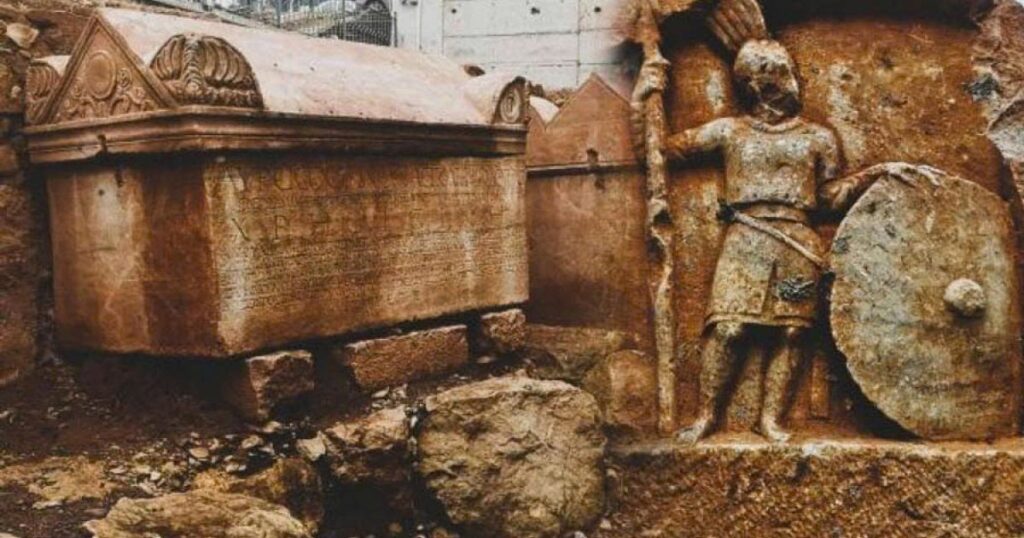Ancient Roman Tomb Discovered in Western Turkey
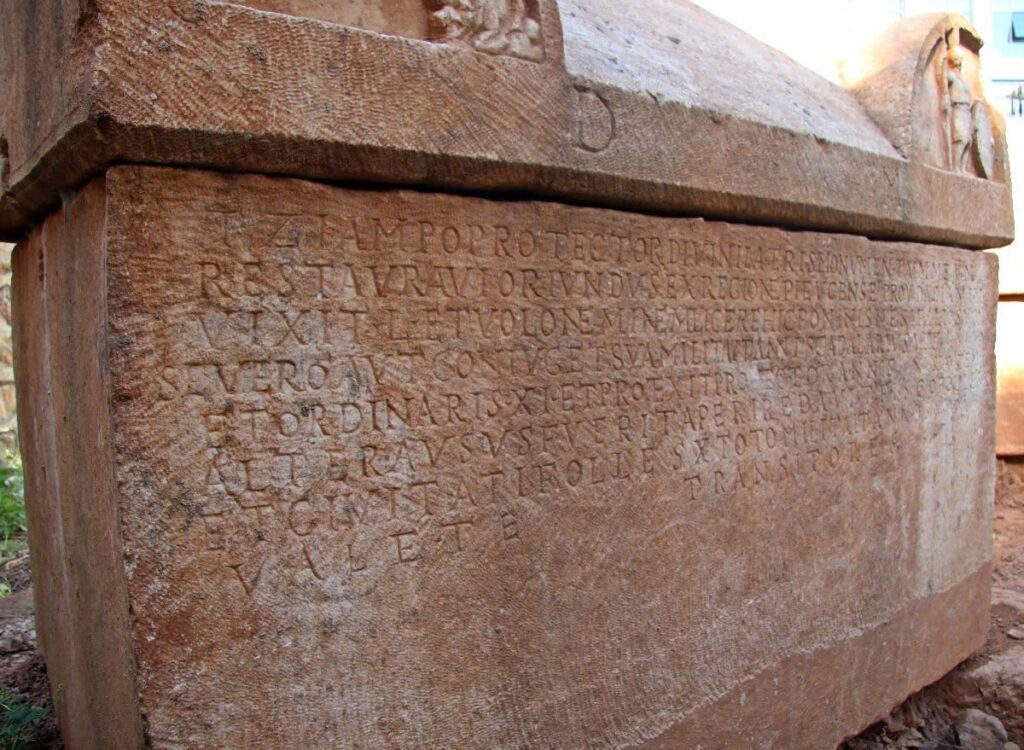
In an extraordinary archaeological discovery, a Roman sarcophagus inscribed with the title “Emperor’s Protector” has been found in Kocaeli province, western Turkey. This finding represents the first recorded instance of an emperor’s bodyguard in Anatolia.
The Excavation
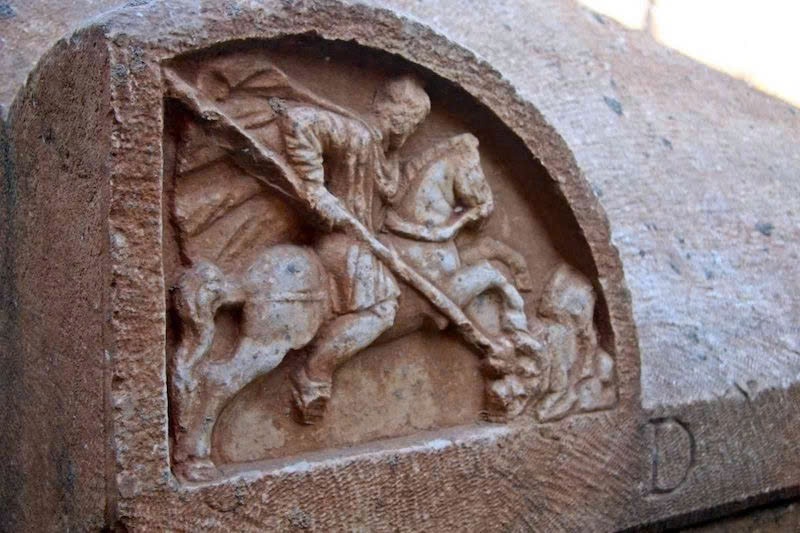
From 2017 to 2019, while conducting foundation construction, archaeologists stumbled upon significant cultural artifacts. The Kocaeli Museum Directorate organized rescue excavations that unearthed 37 graves. Among these, one sarcophagus was particularly notable due to its Latin inscription, which identified the deceased as an “Emperor’s Protector.”
Tziampo: Diocletian’s Bodyguard
Scientific analyses led by Associate Professor Hüseyin Sami Öztürk from Marmara University confirmed that the sarcophagus belonged to Tziampo, a bodyguard for Emperor Diocletian. The tomb’s inscription reveals intriguing details about Tziampo’s life and military service:
- He lived for 50 years
- Served 9 years as a cavalry soldier
- Spent 11 years as an “ordinarius” (captain)
- Served 10 years as a protector
- Left specific directives regarding who could be interred in his tomb
A Unique Find
Serkan Geduk, Director of Kocaeli Museum, highlighted the global importance of this discovery. Unlike past findings related to Roman emperor protectors, which primarily consisted of inscriptions, the Tziampo Sarcophagus includes two skeletons and burial offerings, making it a unique example of its kind.
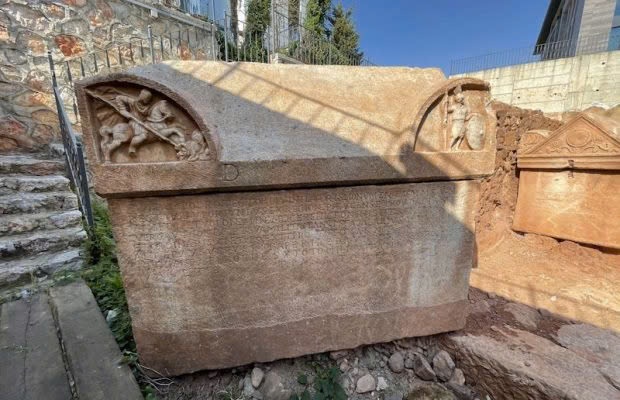
Historical Significance
Tziampo, who hailed from Romania, is recognized as the eighth documented “Emperor’s Protector” and the first known in Anatolia. This prestigious title, established during Emperor Gallienus’ reign, was awarded to the most distinguished soldiers of the late Roman army.
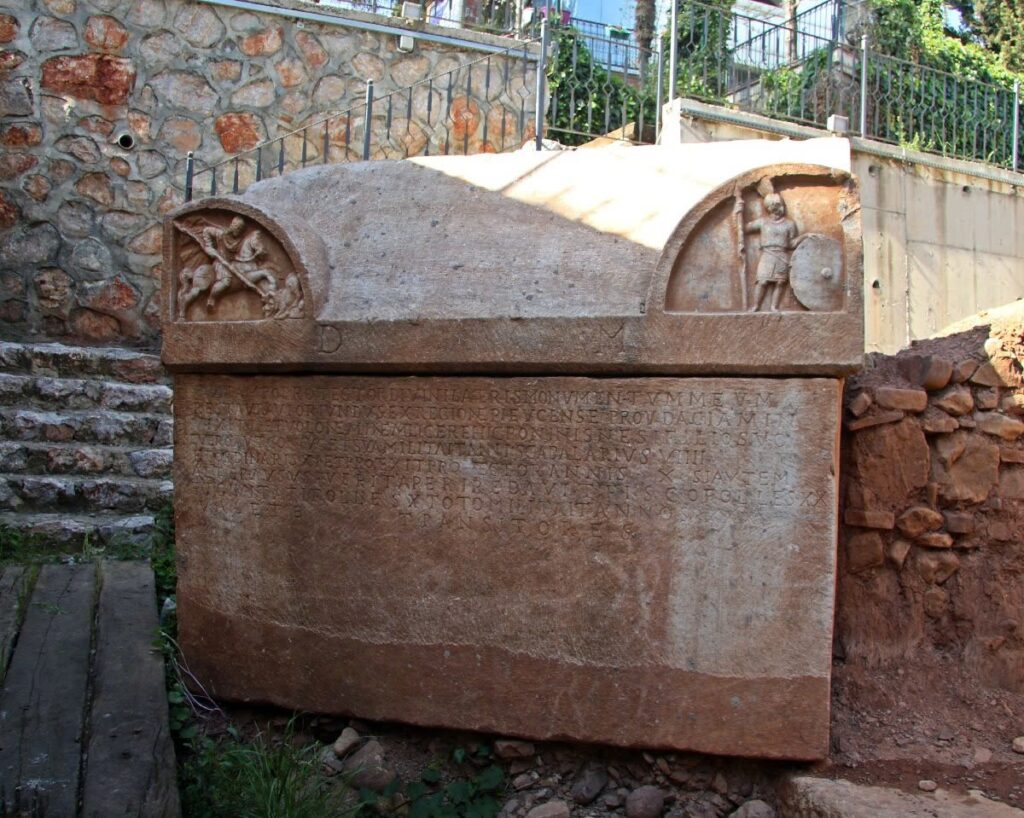
The Tziampo Sarcophagus not only enhances our understanding of Roman military structure but also offers invaluable insights into the lives and fates of those who served at the highest echelons of the Roman Empire.

